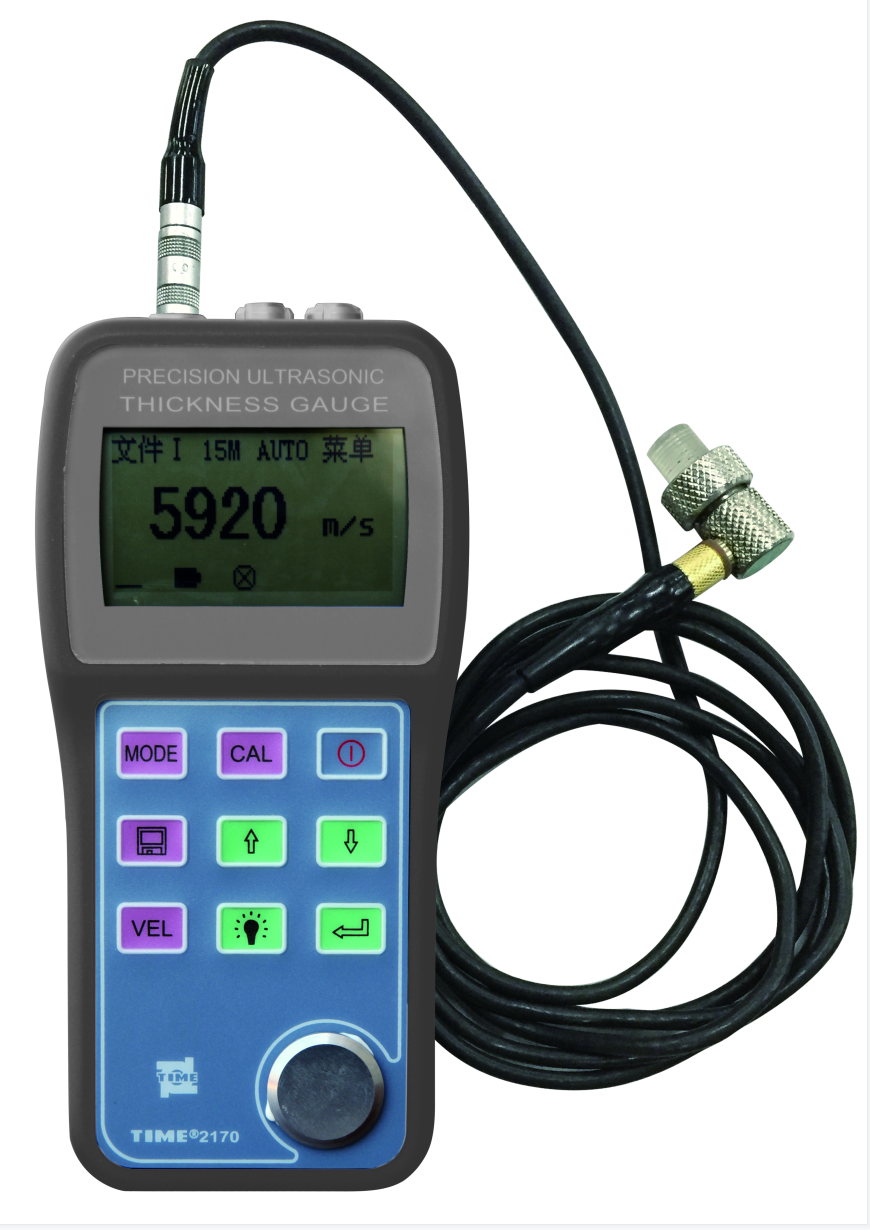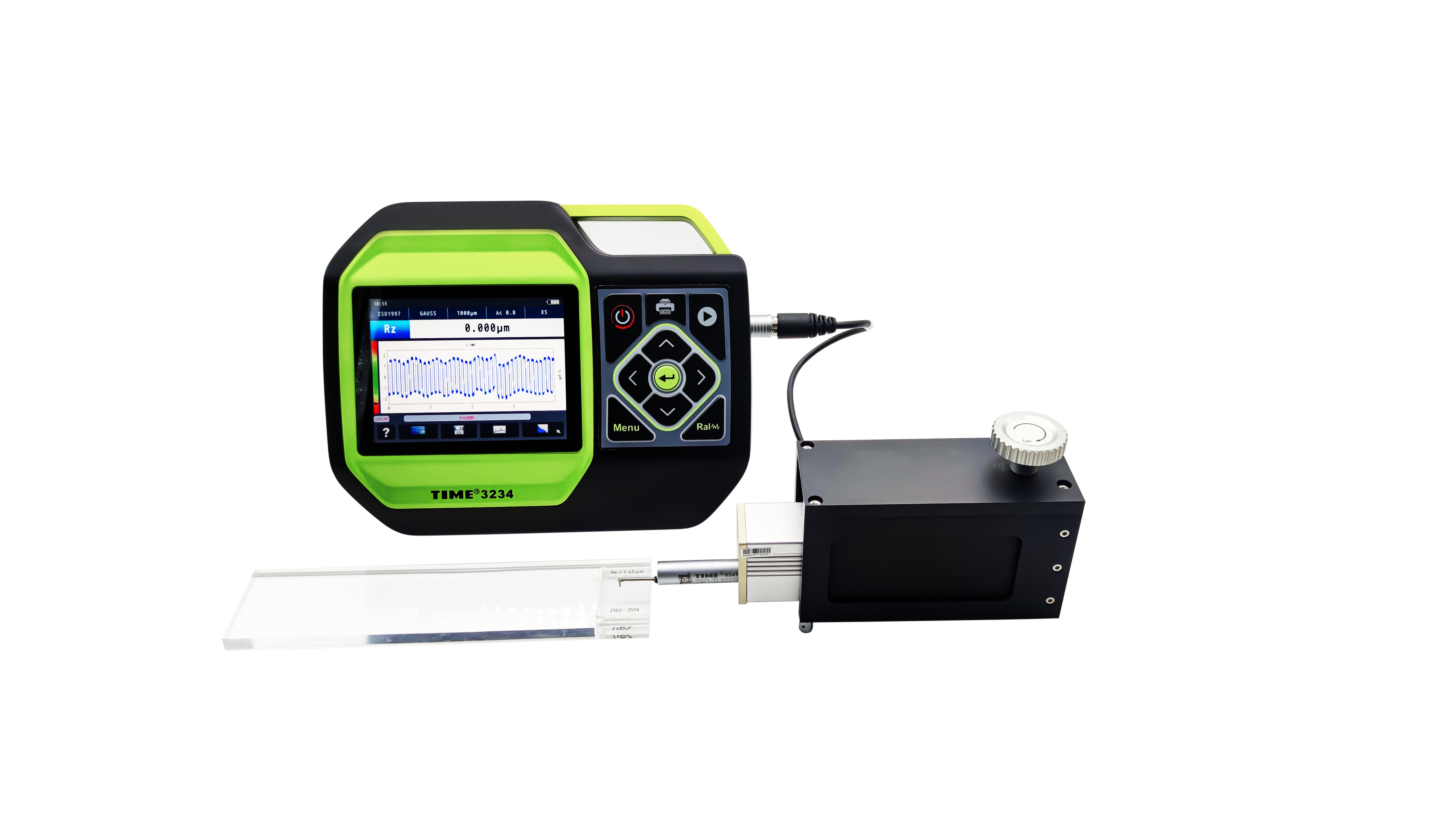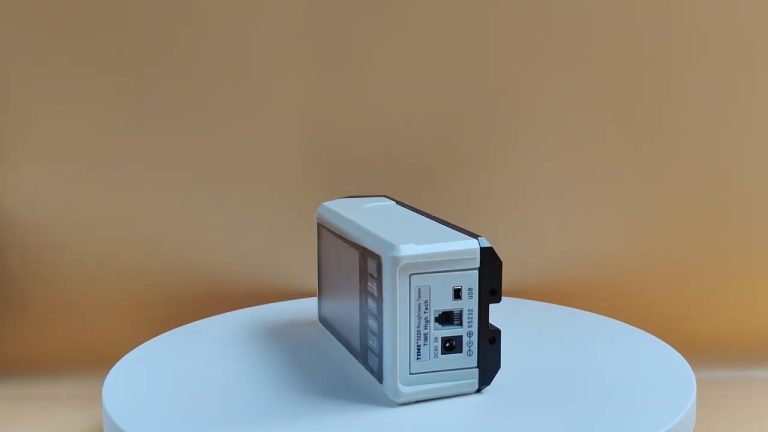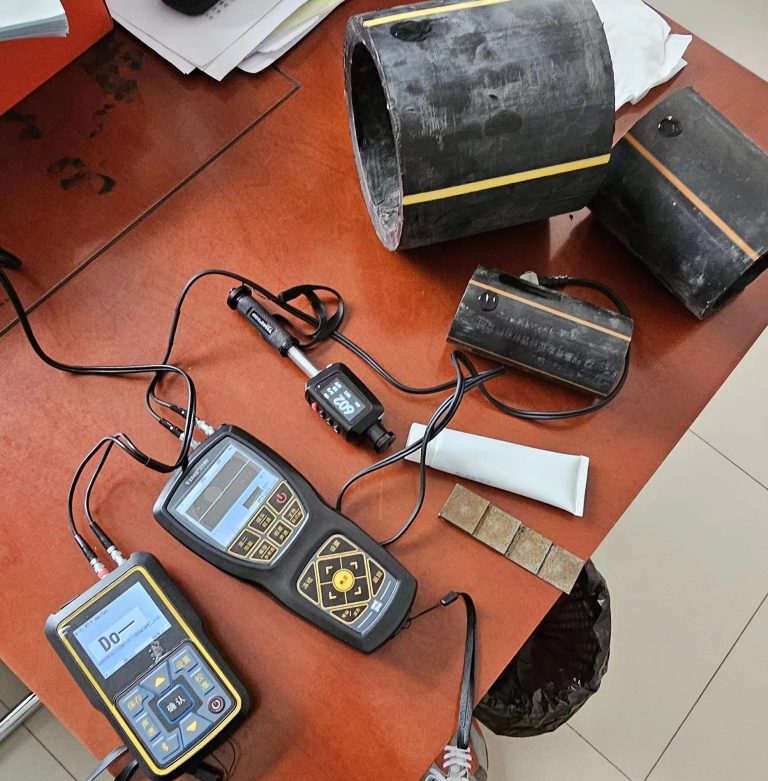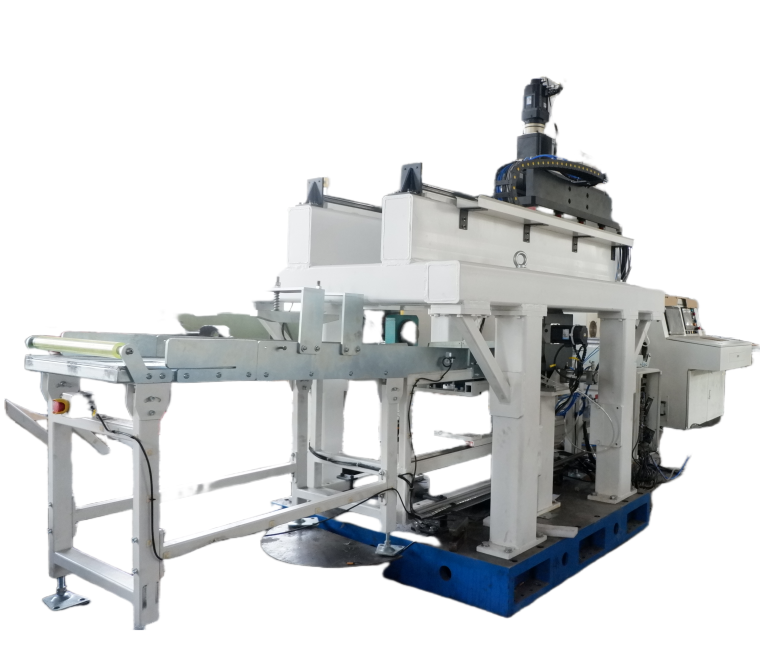Roughness meter is also called surface roughness meter, surface finish meter, surface roughness detector, roughness measuring instrument, roughness meter, roughness tester and other names. It has the characteristics of high measurement accuracy, wide measurement range, easy operation, portability, and stable operation.

It can be widely used in the detection of various metal and non-metal processing surfaces. This instrument is a pocket-sized instrument with an integrated sensor host. The hand-held feature makes it more suitable for use at the production site. The appearance design is sturdy and durable, with remarkable anti-electromagnetic interference ability, which is in line with today’s new design trends.
The application areas of roughness meters include:
- Mechanical processing manufacturing industry, mainly metal processing manufacturing. The roughness meter was originally produced to detect the surface roughness of machined parts. In particular, stylus roughness measuring instruments are more suitable for testing hard metal surfaces. Such as: automobile parts processing and manufacturing, mechanical parts processing and manufacturing, etc. As long as these processing and manufacturing industries involve the surface quality of the workpiece, the detection application of the roughness meter is essential.
- Non-metal processing manufacturing industry. With the advancement and development of science and technology, more and more new materials are applied to processing technology, such as ceramics, plastics, polyethylene, etc. Some bearings are now made of special ceramic materials. , and pumps, valves, etc. are made of polyethylene materials. These materials are hard and can replace metal materials in making workpieces in some applications. Their surface roughness also needs to be detected during production and processing.
- As the technology and functions of roughness meters continue to be strengthened and improved, as well as in-depth promotion and application, more and more industries are found to require roughness testing. In addition to mechanical processing and manufacturing, electric power, communications, electronics, For example, roughness assessment is also required during the production and processing of couplings on switches, integrated circuit semiconductors, etc. Even the surface of stationery, tableware, and human teeth used in people’s lives require surface roughness inspection.

